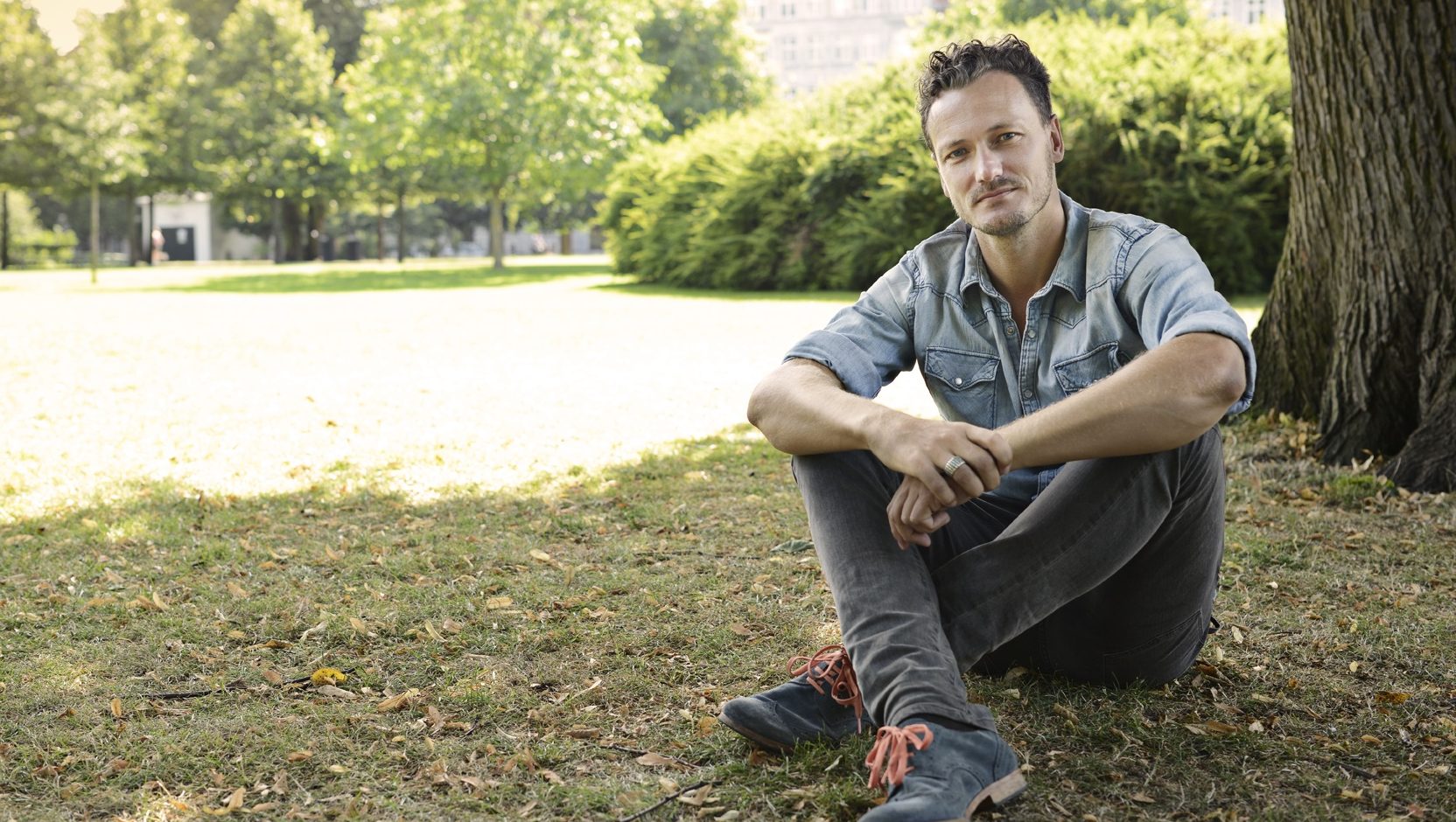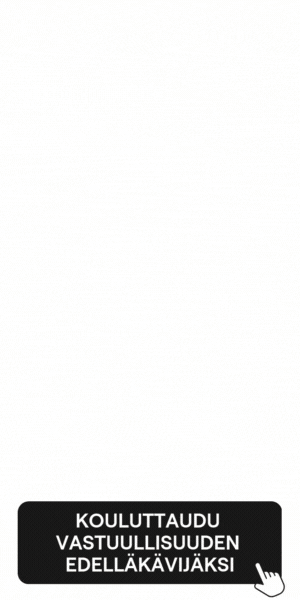It’s about time sustainability leaves the do-good closet and puts on a suit!
The 6-trillion dollar argument
Brands are rushing to take a stand on everything from diversity, plastics to food waste and seem as sincere as a used car salesman. And younger generations can easily see through the green, white or pink-washed turd as a survey from Deloitte finds that 64% of Millennials and Gen Z’s believe companies only is in it for the money.
But why are brands doing all of this do-good-shouting? I’m sad that marketing people see sustainability as something nice to glue on to the brand like sponsoring a golf-club rather than an enabler of business transformation or what it really is: a killer of business-as-usual!
The challenge to our current economic thinking comes from the very top as Larry Fink, the CEO of the world’s biggest asset manager, Black Rock, representing 6 trillion dollars of value, in his annual later writes that companies got to contribute positively to society and he makes the business case clear: “Without a sense of purpose, no company, either public or private, can achieve its full potential. It will ultimately lose the license to operate from key stakeholders.” A statement like that creates ripples, because it shows that business is transforming and the likes of Natura, Tesla Motors, IKEA, Whole Foods and Unilever outperform their competitors on the stock market.
Redefining growth as we know it!
And I get excited when I see companies like Interface taking an innovative approach to sustainability and business by developing a carpet that sucks CO2 out of the atmosphere like it was a living tree! This is not a business minimizing its impact, but cleaning up the mess it’s done in the past (carpet manufacturing is usually heavily dependent on fossil fuels). Or what about Phillip’s Lightning transforming its business model away from selling more light bulbs to selling light as a service turning the whole system on its head. Sustainability is baked into the very business model as it’s in the interest of Phillip’s to make light bulbs last as long as possible and use energy more efficiently. Or what about rethinking the cancerous growth of our cities? One attempt is ReGen Villages that’s right now breaking ground on the first 194 homes in Almere, Netherlands with a global ambition to scale up and create self-sufficient, off the grid, thriving communities that produce their own energy and food. These are not nice ideas, but brutally transforming what we know as business today and I wouldn’t like to be in their competitor’s shoes.
For people by people
The exponential transformation we’ve seen with digital will surely replicate itself within the sustainability space. Your pretend to be good products won’t cut it in the marketplace as new incumbents are walking the talk. Paul Lindley stared Ella’s Kitchen in 2006 motivated by his desire to feed his daughter Ella tasty, fun and healthy organic food. After 12 consecutive years of plus double-digit growth Ella’s have taken on global FMCG giants to become the UK’s no.1 baby food brand with £90M in global revenues. The mission for Ella (and Paul) is still the same: “I passionately believe that Ella, my daughter, along with her generation, should have the opportunity to eat better food and also to discover that healthy food can be fun, tasty and cool”. Ideas like that keep me awake at night as they ultimately redefine growth, as we know it. What’s your response?
What’s the planetary and societal need for advertising?
We uphold our industry and its talent as creative geniuses, but quite frankly it’s not the tiny competition in Cannes one should worry about but the millions of hungry, angry and change-ready social and environmental entrepreneurs that are disrupting products, services and systems for breakfast. As an advertising industry isn’t it time to self-disrupt and discover how we can redefine our role as mainly drivers of consumption? How can we disrupt our products, services or maybe the whole system? The arguments (and threats) are getting stronger by the day, but when all comes to all, we simply need common sense as the founder of Interface, Ray Anderson, cunningly reminds us: “What’s the business case for ending life on earth?”
Thomas Kolster esiintyy 21.9. Mainontapäivässä
Katso Thomaksen videotervehdys alla
Thomaskolster.com
Twitter @thomaskolster
Instagram: thomas_kolster
Linkedin: https://www.linkedin.com/in/thomaskolster
Facebook: https://www.facebook.com/thomas.kolster
Uutiskirjeen tilaajana saat markkinoinnin ja viestinnän uutiset sekä uusimman MRKTNG-lehden ensimmäisten joukossa. Saat myös viikottain koulutuksistamme kerättyjä vinkkejä käyttöösi sekä tietoa järjestämistämme koulutuksista.

